Foot-leaf ladybug is a ladybug that has many types of host plants, including wild plants and plants. Among the types of foot-leaf ladybugs, there are species whose host plants include citrus.
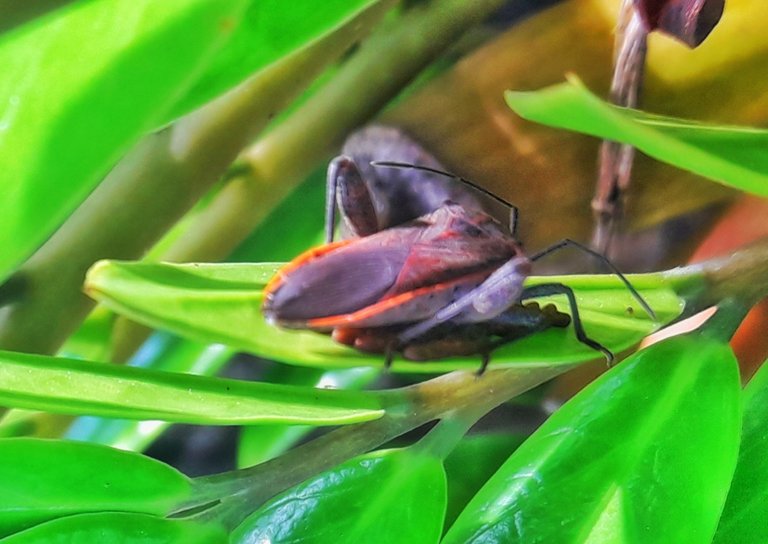
Ladybug legs mature leaves dark brown to black, 20 mm long, wings flat and straight back when closing, the antenna consists of 4 segments, has a sucker (rostrum) consisting of 4 segments, the male has enlarged leg segments and flattened, calf (tibia) hind legs spread like leaves, the front wings are like skin, have a pattern like a straight line, zig-zag line, or a series of pale white or yellow spots.
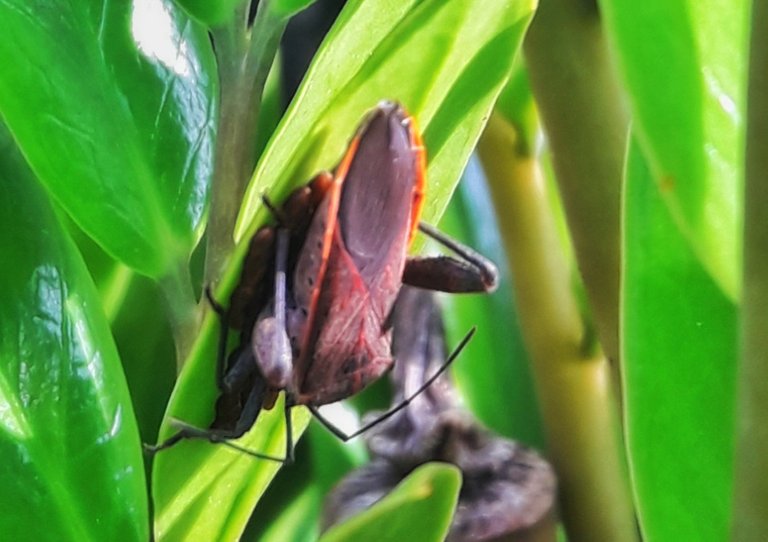
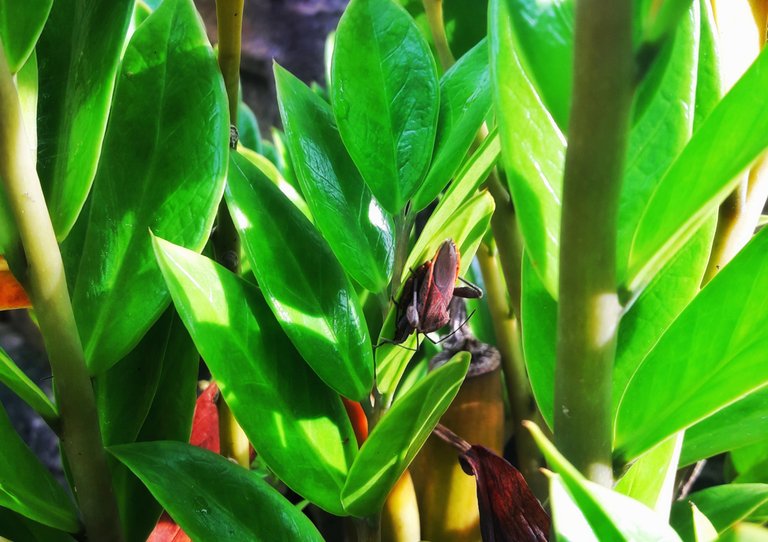
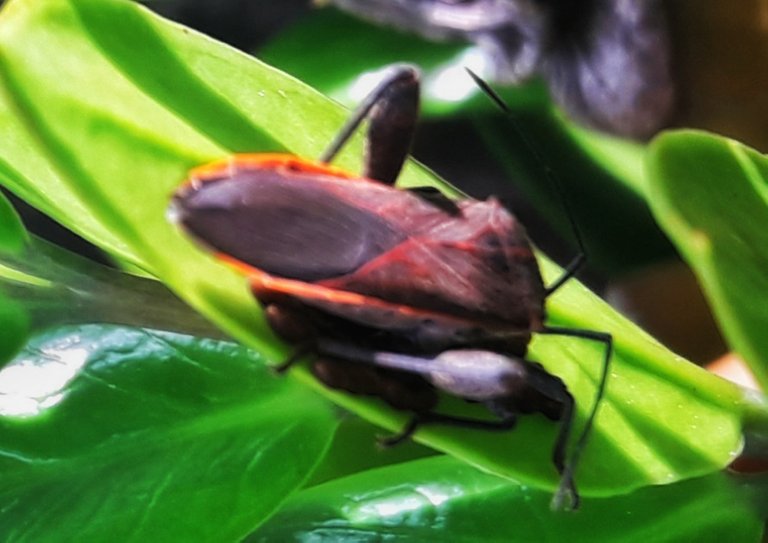
Biology and Life Cycle
Eggs are usually placed in a single row on the leaves and shoots of citrus plants, the period of time to hatch in approximately 5-7 days, nymphs will develop through 5 instars within 25-30 days, Ladybug leg-leaf has a group and deep behavior large numbers, one orange plant can be met by these ladybugs, while neighboring plants or those beside them without ladybugs, adult ladybugs have personal protective equipment or odor glands so that when disturbed it emits a sharp, unpleasant odor, its function is to expel other predators that disturb it, nymphs Early instars favored wild plant hosts, only adult ladybugs attacking citrus fruits, resulting in farmers failing to harvest.
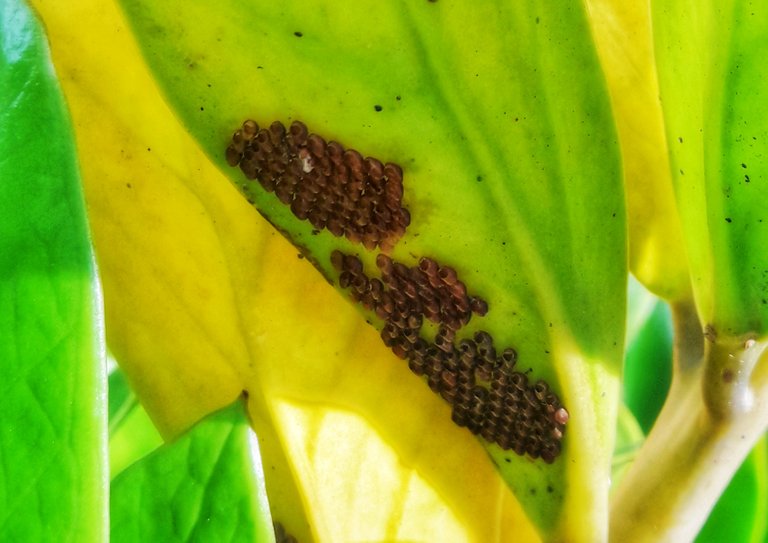
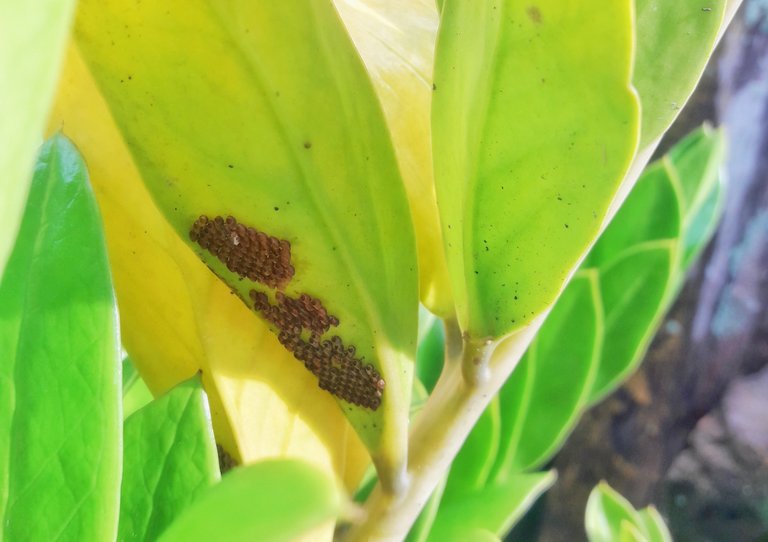

Hello! Need help?
Links to helpful & friendly communities:
@mack-bot curation has moved to @macks.buzz